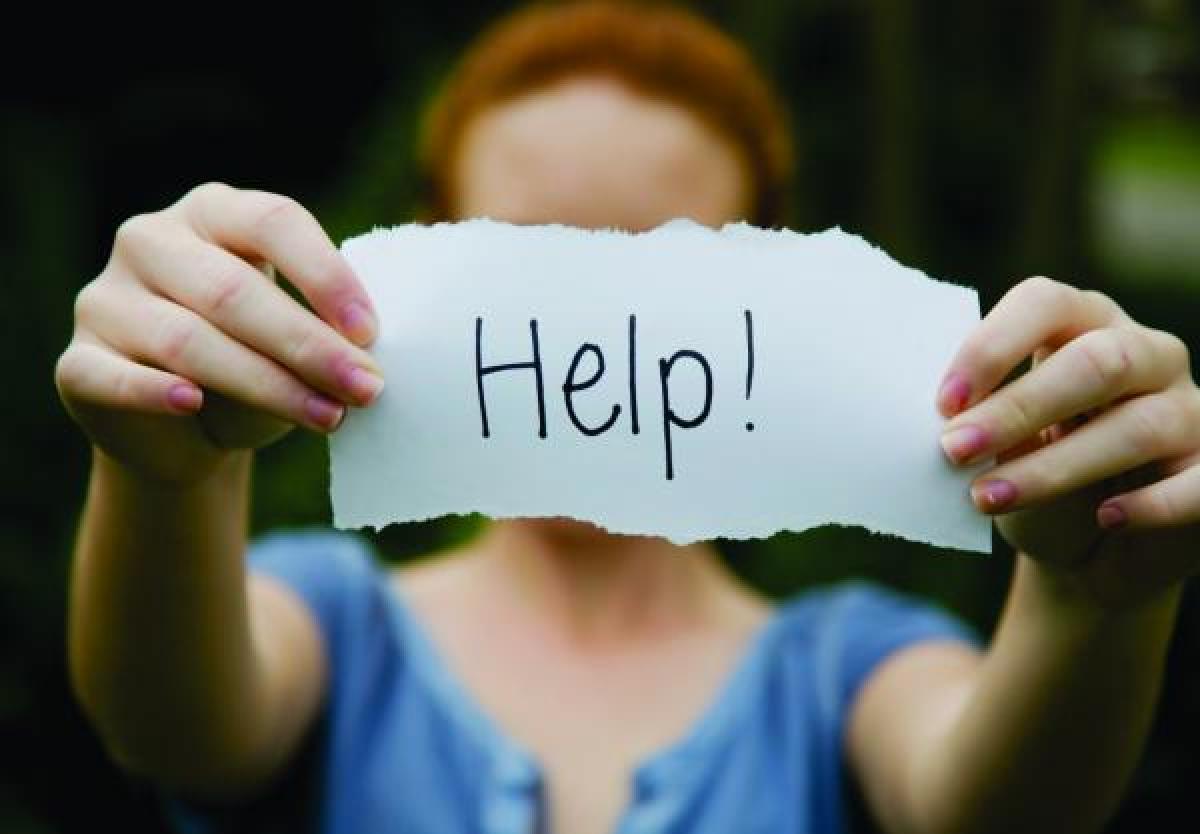
Having a teenager can be challenging, especially in today’s busy world. In Arizona, the average age of first time drug use is 13 years old! We would like to take this time to educate parents on signs to look out for and what you can do if you suspect your child is using drugs. Every parent should be aware of their child’s uncommon behaviors and intervene immediately. Noticing drastic changes in their normal behavior can be a sign that your child might be using drugs or alcohol. The first thing that may come to your mind is to have them stop right away without question but it’s important not to jump to conclusions right away. A good approach is to sit down and talk to them. Show them you are there to help without judging them. Let your child know that you have noticed some changes in their behavior and would like to discuss this with them. Let them know that they can trust you by assuring them you want what’s best for them and to share with you what they are struggling with. By having a calm approach and showing your child how much you care about them and love them, they will be more willing to be honest with you and tell you if they are using drugs or alcohol and that they need your help.
Common signs of drug and alcohol use to watch for:
- Lack of motivation
- Poor school performance
- Withdraws from family
- Anger and aggressive behavior
- Becomes more secretive about activities
- Has a sudden change in friends
- Poor hygiene
- Poor judgment
- Poor eating habits
- Going out every night
- Cash flow problems
- Avoiding eye contact
- Smells like smoke or alcohol
- Slurred speech
Here are some ways to begin the conversation with your child:
- Speak to your child at a time when they are sober.
- Be firm and loving.
- Don't yell. Remain calm.
- Think beforehand about how you could verify their claims about their whereabouts and activities.
- If you have objective proof that your teen is lying, bring it up.
- Focus on the behavior and why it worries you. Don't make it sound like you think your teen is a bad person because he has tried drugs or alcohol.
- Set clear consequences so he or she knows what will happen if they repeat this behavior in the future.
As parents, being able to notice these changes in behavior and intervening as early as possible is key. There are many resources and educational materials that can help guide parents in these difficult conversations. For more resources, visit https://drugfree.org/article/start-talking/.
Addiction is a serious issue and the earlier that it is treated, the higher the chance of getting back on track. Parents, keep your eyes and ears open, be aware of what your child is up to and if you suspect anything, please seek help quickly!













